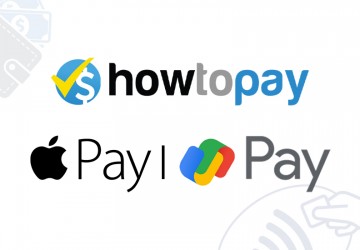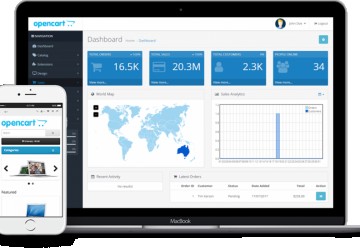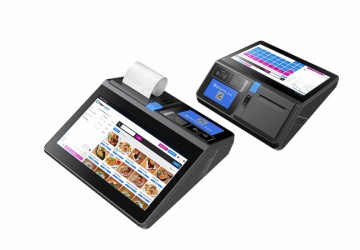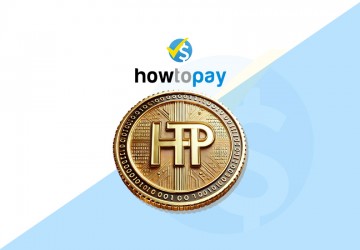
HowToPay Token ICO
Confidia Limited (Australia) Announces Release of HowToPay (HTP) Token Whitepaper
Confidia is excited to present the official Whitepaper for the launch of its HowToPay (HTP) token, which will operate on the BNC chain. This development is a significant step in expanding Confidia's fintech payments infrastructure, offering innovative solutions in the digital payment space. The HTP token is set to enhance the efficiency and accessibility of transactions across the platform, reinforcing Confidia's commitment to delivering cutting-edge, cashless payment technologies.
Stay tuned for further updates as we continue to revolutionize the payments industry.
Download the whitepaper here: https://ico.howtopay.com/files/how_to_pay_whitepaper_v5.pdf
Follow us on Social Media:
Twitter / X https://x.com/HowToPayPOS
Facebook: https://www.facebook.com/howtopaypos
YouTube: https://www.youtube.com/@howtopaywallet
Telegram: https://t.me/howtopayico
Website: www.howtopay.com
ICO Site” https://ico.howtopay.com/
Disclaimer: This whitepaper is provided for informational purposes only and does not constitute legal, financial, or investment advice. All investments carry inherent risks, including the potential loss of your entire investment. Cryptocurrency investments, in particular, can be highly volatile and speculative. We strongly recommend that you seek independent legal and financial advice from qualified professionals before making any investment decisions. Neither Confidia Limited nor any associated parties are liable for any legal claims or losses arising from reliance on this document. Always conduct your own thorough research and consult with your legal adviser.
See the HowToPay POS in full production:
-
 01/30/2025 140
01/30/2025 140 -
 01/25/2025 159
01/25/2025 159 -
 01/19/2025 157
01/19/2025 157 -
 01/16/2025 184
01/16/2025 184 -
 01/16/2025 156
01/16/2025 156
-
 09/20/2023 3210
09/20/2023 3210 -
 09/29/2023 3115
09/29/2023 3115 -
 07/22/2022 3038
07/22/2022 3038 -
 11/14/2023 2954
11/14/2023 2954 -
 11/13/2023 2911
11/13/2023 2911
FEATURED NEWS

NEWS

NEWS

PAYMENTS

HTP TOKEN




LEAVE A COMMENT